5 Key Insights in Copier Rental Agreements: A Comprehensive Guide
When considering a copier machine rental agreement, companies often face complex choices—balancing between buying, leasing, or renting their essential office equipment. Here’s a quick breakdown for those seeking quick insights:
- Renting offers the flexibility of short-term use without a long-term commitment.
- Leasing provides structured payments, often alongside options to own the copier eventually.
- Outright purchasing gives complete ownership but requires significant upfront investment.
For businesses like Olivia’s mid-sized company in Florida, dealing with aging printing systems can be a headache. Outdated machines lead to high maintenance costs and frequent breakdowns, disrupting productivity. Opting for a rental or lease agreement can streamline operations, automate supply restocking, and reduce downtime, making it particularly attractive for improving office efficiency.
This guide will explain copier rental agreements, offering clear insights into the types of leases available, what to watch for in a leasing contract, and how to ensure you’re getting a fair deal. Whether you are a seasoned office manager or new to managing office assets, understanding these basics will empower you to make informed decisions that benefit your organization’s operational health.

Understanding Copier Machine Rental Agreements
When it comes to copier machine rental agreements, understanding the different types of leasing options is crucial. Each type offers unique benefits and suits different business needs. Let’s explore these options and the key components of a copier lease agreement.
Types of Copier Leasing Agreements
- Operating Lease: This is the most common type of lease. It allows businesses to use the copier without the intention of ownership. At the end of the lease term, you can return the copier or negotiate a new lease. The operating lease is often preferred for its lower monthly payments and flexibility.
- Capital Lease: Also known as a “buyout lease,” this option is for businesses that ultimately want to own the copier. With a capital lease, you pay regular installments and have the option to purchase the copier at the end of the lease term for a predetermined price. This lease type is beneficial if you plan on keeping the equipment long-term.
- Buyout Lease: Similar to the capital lease, a buyout lease involves paying an agreed-upon price to own the copier at the end of the lease. However, the buyout price is typically determined at the lease’s start, allowing for clearer financial planning.
Key Components of a Copier Lease Agreement
Understanding the components of a copier lease agreement can help you avoid unexpected costs and ensure the lease aligns with your business needs.
- Costs: The agreement should clearly outline all costs, including monthly payments, shipping fees, and any additional charges. Be sure to ask about any hidden fees that might not be immediately apparent.
- Maintenance: Maintenance and support services are crucial. The lease should specify who is responsible for repairs and maintenance. Often, service contracts are included, covering routine maintenance and parts replacement.
- End-of-Lease Options: It’s important to know what happens at the end of the lease. Options may include returning the copier, purchasing it at fair market value, or renewing the lease. Understanding these choices can prevent surprises later on.
By exploring these leasing options and understanding the key components of a copier lease agreement, you can make informed decisions that align with your organization’s financial and operational goals. This knowledge ensures that you are well-prepared to negotiate terms that best suit your business needs.
How to Negotiate a Copier Machine Rental Agreement
Important Considerations Before Signing
When negotiating a copier machine rental agreement, there are several key factors to consider. These elements can impact your budget, the flexibility of your lease terms, and your ability to cancel if needed.
1. Negotiation Tips
- Do Your Homework: Research different leasing companies and compare their offers. Knowing market rates and terms can give you leverage in negotiations.
- Ask for Discounts: Don’t hesitate to inquire about discounts or promotional rates. Leasing companies are often willing to negotiate to secure your business.
- Bundle Services: Consider bundling services like maintenance and supplies. This can lead to cost savings and simplify your monthly expenses.
2. Better Rates
- Negotiate Monthly Payments: Aim for lower monthly payments by extending the lease term or adjusting the upfront costs. This can make the lease more manageable for your budget.
- Review Interest Rates: If your lease includes interest, ask if it can be reduced. Even a small percentage decrease can save you money over time.
- Discuss Excess Usage Fees: If your business has fluctuating printing needs, negotiate lower excess usage fees or a higher monthly allowance.
3. Lease Terms
- Term Length: Decide on a lease term that aligns with your business needs. Shorter terms offer flexibility, while longer terms can reduce monthly payments.
- End-of-Lease Options: Clarify what happens when the lease ends. Options like purchasing the copier or upgrading to a newer model can be negotiated upfront.
4. Budget Considerations
- Upfront Costs: Be aware of any initial payments required. Negotiating lower security deposits or installation fees can help with cash flow.
- Maintenance and Service: Ensure these are included in the lease or negotiate for them to be added. Regular maintenance can prevent costly repairs later.
5. Cancellation Policies
- Understand the Termination Clause: Know the penalties for early termination. If your business circumstances change, you might need to end the lease early.
- Flexibility: Negotiate for more flexible cancellation terms. This can provide peace of mind if your business needs change unexpectedly.
By considering these factors, you can negotiate a copier lease that aligns with your business’s financial and operational needs. This preparation ensures you secure the best possible terms and avoid potential pitfalls.

Evaluating the Cost Structure of Copier Leases
Understanding the cost structure of a copier machine rental agreement can save your business a significant amount of money. Let’s break down the key components: monthly payments, upfront costs, maintenance fees, equipment cost, supplies, insurance, service contracts, repairs, and maintenance.
Cost of Equipment and Supplies
Monthly Payments: These are typically fixed and spread out over the lease period. They cover the cost of the copier and any included services. However, be mindful of interest rates, which can affect your total expenditure.
Upfront Costs: Some leases require a down payment or security deposit. These costs can vary, so it’s crucial to negotiate them to fit your budget.
Equipment Cost: The size and capabilities of the copier will influence the monthly payments. Larger, more advanced machines generally cost more.
Supplies: Toners and other consumables can be included in your lease. It’s wise to confirm this, as buying supplies separately can add up quickly.
Insurance: Protecting your copier from damage or theft is essential. Check if your business insurance covers leased equipment or if you need to add insurance to your lease agreement.
Maintenance and Service Agreements
Service Contracts: These are vital for keeping your copier in top condition. They often cover regular maintenance and repairs, preventing unexpected costs.
Repairs and Maintenance: A good service contract should include parts and labor for repairs. This can save you from hefty repair bills if something goes wrong.
Maintenance Fees: Regular maintenance is crucial for the longevity of your copier. Ensure these fees are part of your lease, or negotiate their inclusion. Consistent servicing can prevent costly downtime and extend the life of your machine.
By carefully evaluating these cost components, you can better manage your budget and avoid unforeseen expenses. This comprehensive understanding of the cost structure ensures you make informed decisions that align with your business needs.
Frequently Asked Questions about Copier Machine Rental Agreements
How does a copier lease work?
A copier lease is similar to renting a car. Instead of purchasing a copier outright, you pay monthly lease payments over a specified period. This allows businesses to spread out the cost, making it easier on their budgets. These payments are typically considered an operating expense, which can be beneficial for accounting purposes. The lease agreement outlines the terms, including the duration and any services included, such as maintenance or supplies.
What are the benefits of a copier lease?
Leasing a copier offers several advantages. Firstly, it reduces upfront costs, freeing up capital for other business needs. Lower costs are a major draw, as you avoid the large initial expense of buying a copier. Additionally, leasing provides access to the latest technology. This means you can upgrade to newer models at the end of your lease term, ensuring your business always has the most efficient equipment. Maintenance and repair services are often included, minimizing unexpected expenses and keeping your copier running smoothly.
How do I get out of a photocopier lease?
Ending a copier lease early can be tricky, but it’s possible. Start by reviewing the termination clause in your lease agreement. This will detail any penalties or fees associated with ending the lease prematurely. Some leases may allow for an early buyout, where you pay a lump sum to terminate the agreement. Alternatively, you might find a company willing to take over your lease, known as an assumption clause. Always communicate with your leasing company and explore all options to avoid unnecessary costs.
Conclusion
At Advanced Business Solutions, we understand that every business has unique needs, and that’s why we offer flexible leasing options. Our goal is to help you improve productivity without straining your budget.
Leasing a copier with us means you don’t have to worry about large upfront costs. Instead, you can enjoy manageable monthly payments that include everything you need for seamless operations, from maintenance to automatic supply restocking. This approach not only keeps your costs predictable but also ensures that you have access to the latest technology as it becomes available.
Our flexible leasing terms allow you to adapt as your business grows. Whether you need to upgrade to a more advanced model or adjust your lease terms, we’re here to accommodate your needs. This flexibility is a key factor in boosting productivity, as it ensures that your equipment always aligns with your business goals.
By choosing Advanced Business Solutions, you’re not just getting a copier—you’re getting a partner committed to helping your business thrive. Visit our copier leasing vs buying page to explore how our solutions can benefit you.




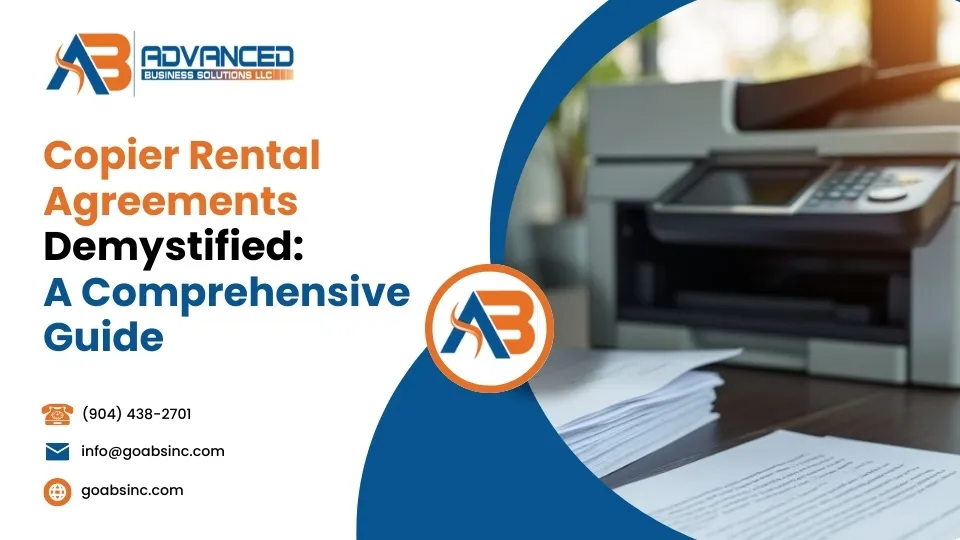
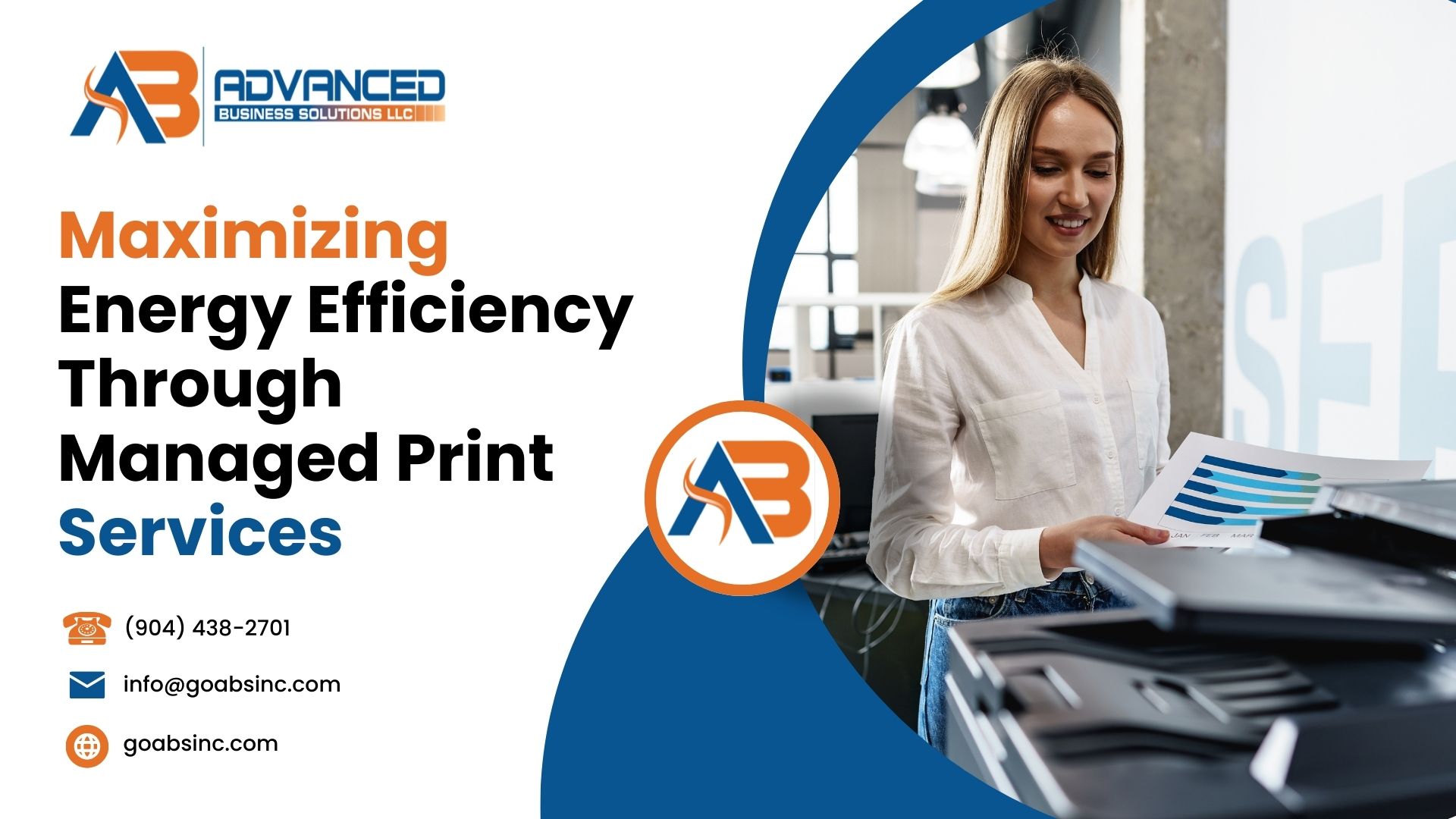
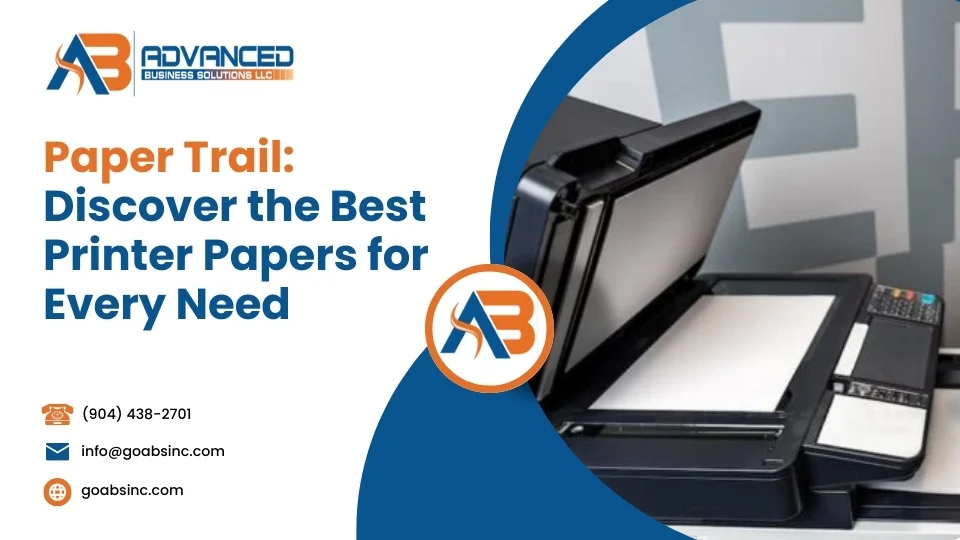
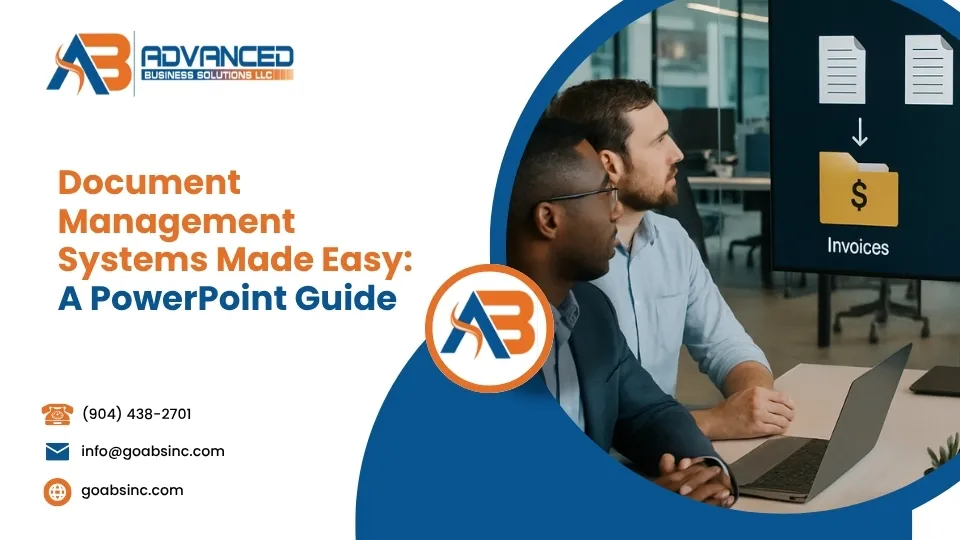
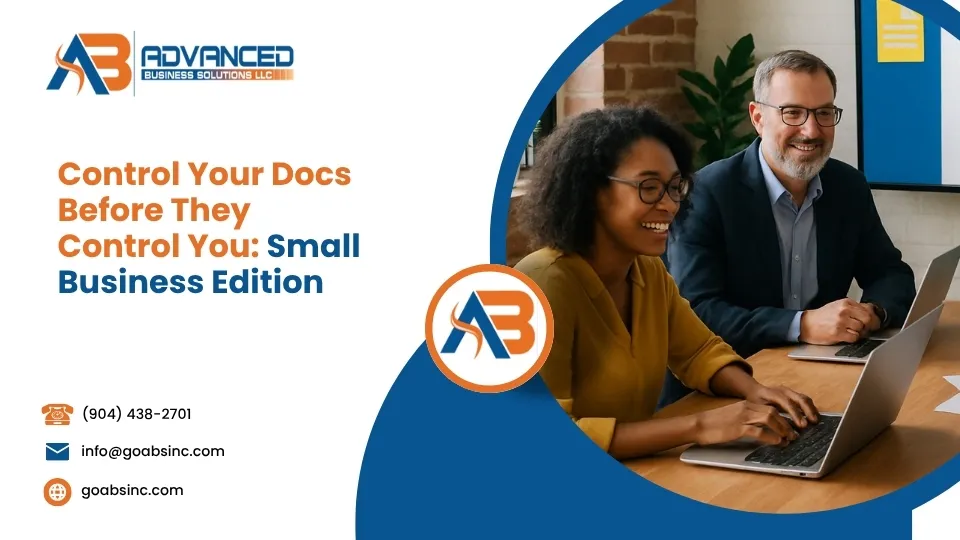
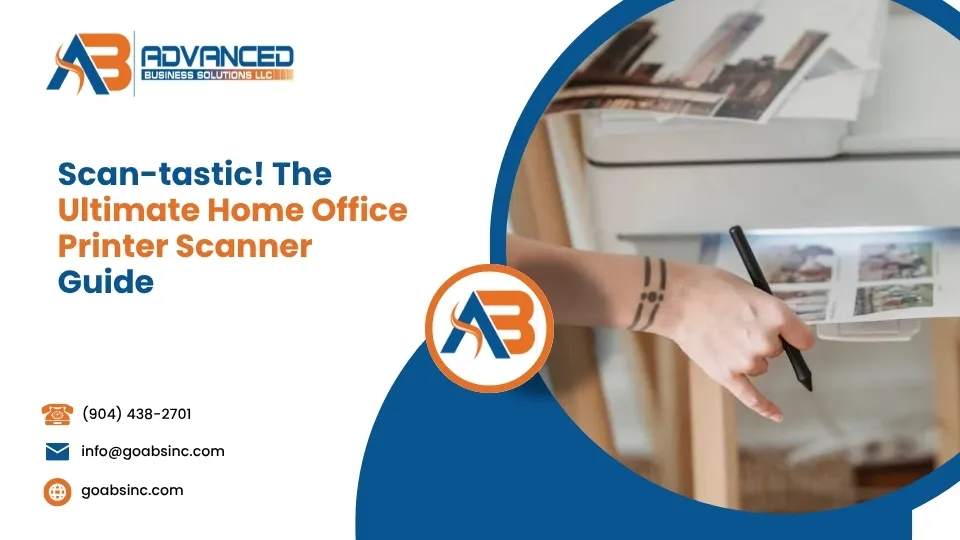
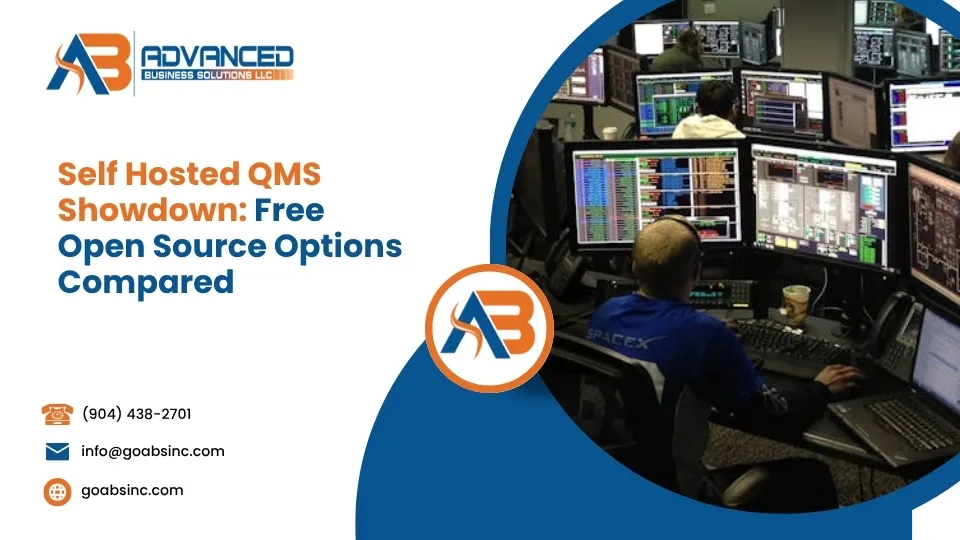
Comments are closed